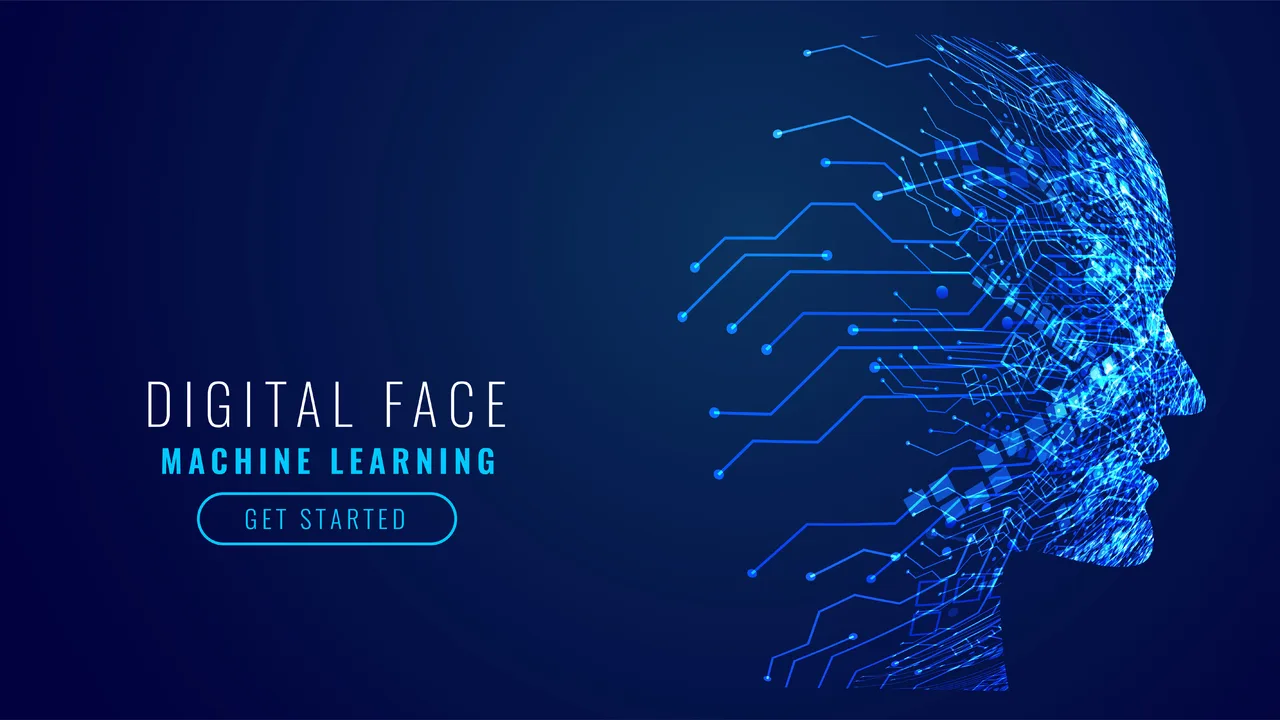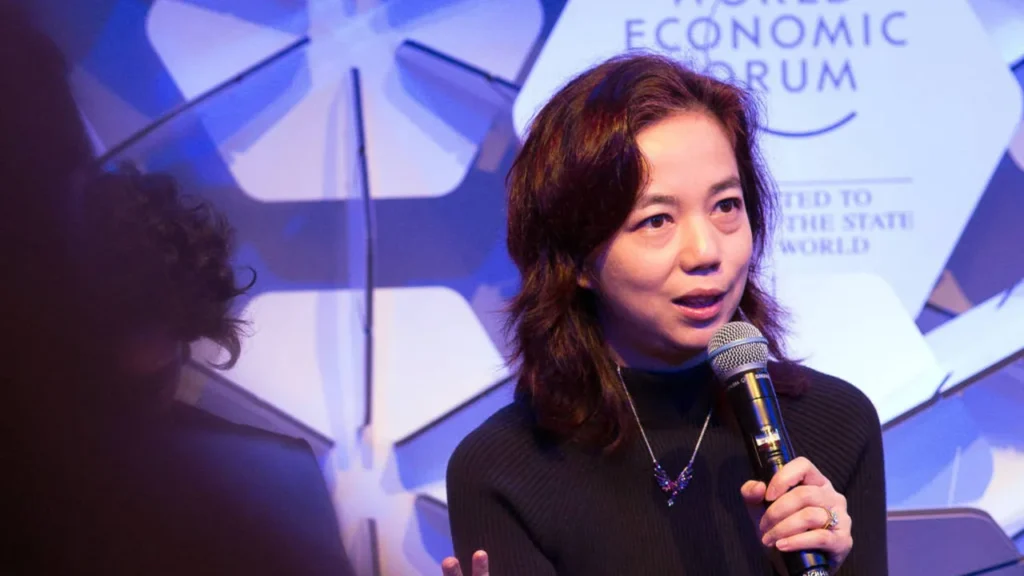Professor Fei-Fei Li, often referred to as the “godmother of AI”, has once again made history. The Chinese-American computer scientist is being celebrated for her pioneering contributions to artificial intelligence (AI), earning a place among seven global innovators receiving the 2025 Queen Elizabeth Prize for Engineering from King Charles III.
The Honour That Celebrates Global AI Pioneers
The prestigious award ceremony, held at St James’s Palace, brought together seven of the most influential figures in AI. Alongside Professor Li, the laureates include Prof Yoshua Bengio, Dr Bill Dally, Dr Geoffrey Hinton, Prof John Hopfield, Jensen Huang (founder of Nvidia), and Dr Yann LeCun, Meta’s chief AI scientist. Together, their work has shaped the foundation of modern machine learning, enabling the rapid progress seen in AI today.
When asked about being the only woman among the seven recipients, Professor Li told the BBC she felt “proud to be different.” She explained that accepting the “godmother of AI” title was not only a personal recognition but also a symbolic victory for women in science and technology.
The Journey of the “Godmother of AI”
Born in China and raised in the United States, Fei-Fei Li’s journey embodies determination, innovation, and leadership. After emigrating as a teenager, she pursued her passion for computer science, eventually becoming a professor and the co-director of Stanford University’s Human-Centered AI Institute. She is also the co-founder and CEO of World Labs, an initiative that focuses on bridging human creativity and AI capabilities.
Professor Li gained global recognition for her work on ImageNet — a project that revolutionized computer vision by creating large-scale datasets used to train AI systems. This innovation enabled computers to “see” and interpret images, laying the groundwork for technologies like facial recognition, autonomous vehicles, and medical image analysis.
“ImageNet opened the floodgate of data-driven AI,” Li once explained, emphasizing how critical it was to provide machines with the massive data they needed to learn effectively. Her research continues to inspire a new generation of AI engineers who believe in ethical, human-centered innovation.
From ImageNet to Human-Centered AI
Professor Li’s philosophy of AI extends beyond algorithms and data. Through the Human-Centered AI Institute, she advocates for the development of technology that complements — not replaces — human potential. Her approach emphasizes transparency, fairness, and inclusivity in AI research and deployment.
She envisions a future where AI systems interact more naturally with the physical world, learning from real-world experiences the way humans and animals do. “If AI can interact with the world around it,” she said, “it can become a superpower for humanity — enhancing creativity, robotic learning, design, and architecture.”
The “Godfathers” and the “Godmother” of AI

The AI community often refers to Dr Geoffrey Hinton, Prof Yoshua Bengio, and Dr Yann LeCun as the “godfathers of AI.” They were previously awarded the 2018 Turing Award for their work on deep learning — the foundation of modern neural networks. Professor Li, in contrast, became known as the “godmother of AI,” a title she initially hesitated to accept.
“A few years ago, when people started calling me that, I paused,” she told the BBC. “If I rejected it, it would miss an opportunity for women scientists and technologists to be recognized this way. Men are easily called ‘godfathers’ or ‘founding fathers,’ but this title represents something bigger — for all the young women in science.”
Her words reflect a deep understanding of representation in science — that visibility and recognition matter for inspiring future generations of women and girls in STEM.
A Unified Yet Diverse Group of Visionaries
This year marks the first time all seven laureates have gathered in person. Despite sharing similar goals, their views on the future of AI differ sharply. Dr Geoffrey Hinton has warned of the potential “extinction-level threat” posed by uncontrolled AI systems, while Dr Yann LeCun of Meta believes such fears are overblown.
Professor Li takes a balanced stance: “Disagreement among scientists is healthy,” she noted. “A topic as profound and impactful as AI requires a lot of healthy debate and public discourse.”
She advocates for a science-based and pragmatic approach to AI discussions, cautioning against alarmism or hype. “Both extreme rhetorics concern me,” she said. “We need to communicate AI with moderation, grounded in facts and science.”
Celebrating Engineering that Benefits Humanity
The Queen Elizabeth Prize for Engineering is awarded annually to innovators whose work benefits humanity on a global scale. Previous winners include Sir Tim Berners-Lee, the inventor of the World Wide Web. The award recognizes not just technological innovation but also its social and ethical impact.
Lord Vallance, chair of the Queen Elizabeth Prize for Engineering Foundation, praised this year’s winners: “They represent the very best of engineering. Their work demonstrates how engineering can both sustain our planet and transform the way we live and learn.”
Fei-Fei Li’s Lasting Legacy
Professor Fei-Fei Li’s impact extends far beyond academia. Her research continues to influence major tech companies and startups shaping the next generation of AI-powered applications. Yet, what sets her apart is her commitment to empathy and inclusion ensuring that technological progress aligns with human values.
“AI is not just about machines becoming intelligent,” she has said in interviews. “It’s about making sure that technology benefits everyone, not just a few.”
Her leadership at Stanford and World Labs reflects this mission to make AI more accessible, understandable, and beneficial to people from all walks of life.
Looking Ahead: The Future of AI
Fei-Fei Li believes the next major milestone in AI will be its ability to perceive and interact with the physical world more fluidly — something “innately important to humans and animals.” Such progress could enhance robotics, creative design, and problem-solving across industries.
As debates around AI safety, regulation, and ethics continue, Professor Li’s voice stands as a reminder of the need for balance: technological ambition tempered by compassion and responsibility.
Her story from a young immigrant to one of the world’s leading AI scientists exemplifies what the future of engineering can be: diverse, inclusive, and deeply human.



